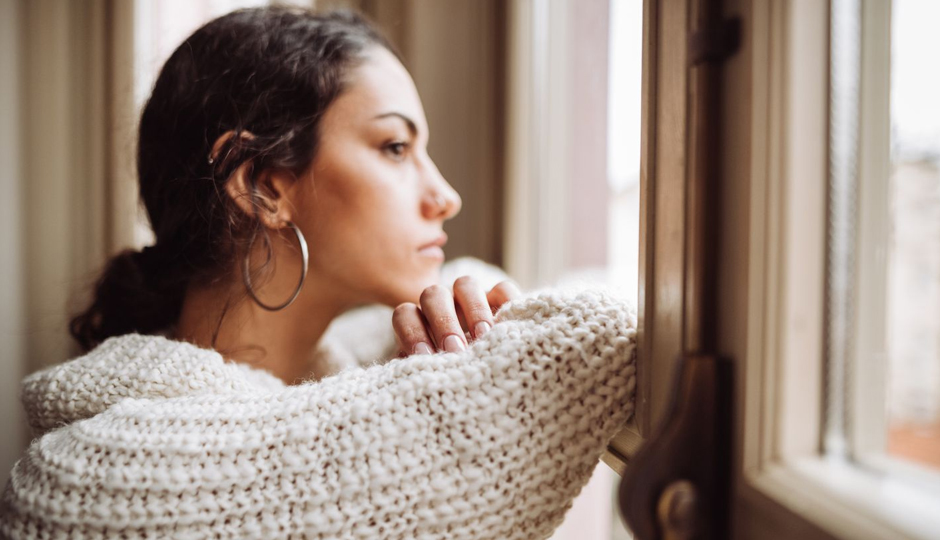6 Home Remedies To Treat Skin Rashes During Pregnancy
By: Priyanka Maheshwari Fri, 02 June 2023 09:42:09
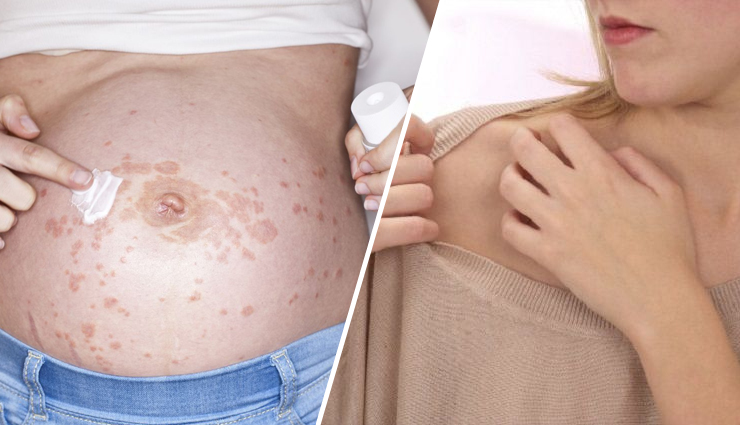
During pregnancy, some women may experience skin changes, including the development of rashes. Rashes during pregnancy can occur due to a variety of reasons, such as hormonal fluctuations, increased blood flow, changes in the immune system, or allergic reactions. These rashes can be bothersome but are usually harmless and tend to resolve after delivery.
However, it's important to consult with a healthcare provider to determine the cause and appropriate treatment for the specific rash. They can help diagnose the condition and provide guidance on managing symptoms or recommend suitable medications or topical treatments that are safe for use during pregnancy.
While it's important to consult with a healthcare provider for proper diagnosis and treatment of skin rashes during pregnancy, there are a few home remedies that may help alleviate symptoms. Keep in mind that these remedies may not be suitable for all types of rashes, so it's best to get professional advice before trying them:
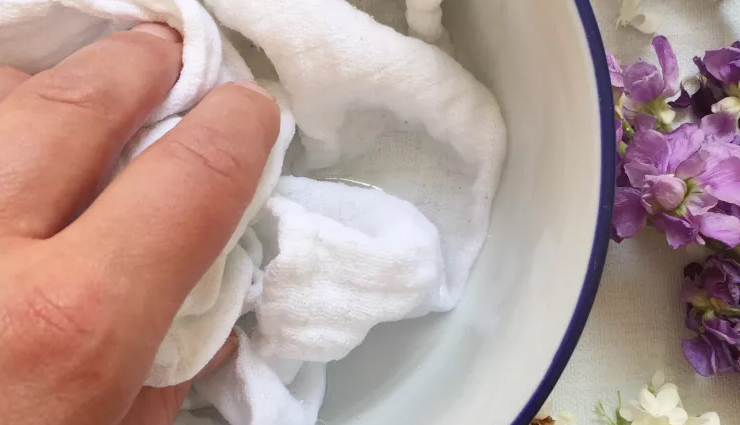
# Cool compress
Using a cool compress can be an effective method to treat skin rashes during pregnancy. Here's how you can do it:
Gather your supplies: You will need a clean washcloth or towel and access to cold water.
Rinse the cloth: Wet the washcloth or towel with cold water. You can either run it under cold water or soak it in a bowl of cold water.
Wring out excess water: Squeeze the cloth gently to remove any excess water. You want the cloth to be damp but not dripping wet.
Apply the compress: Gently place the cool compress on the affected area of your skin. Hold it in place for 10-15 minutes.
Repeat if needed: If the rash persists or you feel discomfort, you can repeat the process several times a day, as needed.
The cool compress helps soothe the skin, reduce inflammation, and alleviate itching associated with rashes during pregnancy. It provides temporary relief and can be used in conjunction with other recommended treatments or remedies. However, if the rash worsens or persists, it is essential to consult your healthcare provider for proper diagnosis and treatment options.
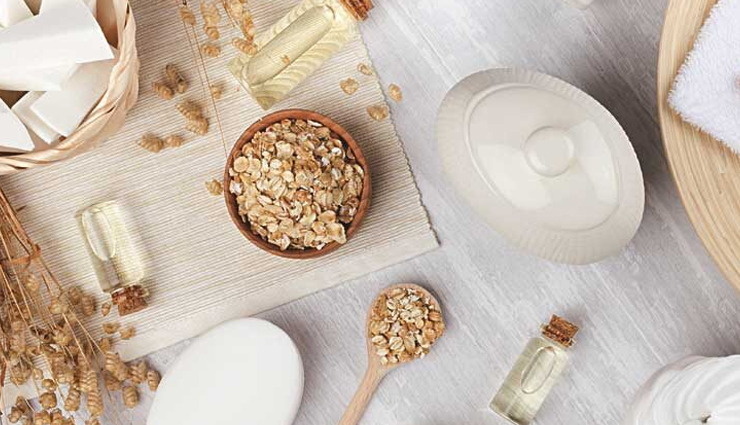
# Oatmeal bath
Taking an oatmeal bath can provide relief and help treat skin rashes during pregnancy. Here's how you can prepare and take an oatmeal bath:
Choose the right type of oatmeal: Opt for colloidal oatmeal, which is finely ground oatmeal that dissolves easily in water. You can find colloidal oatmeal in most drugstores or online.
Fill the bathtub with lukewarm water: Start running a lukewarm bath in your bathtub. Avoid using hot water, as it can further irritate the skin.
Add colloidal oatmeal to the water: Follow the instructions on the colloidal oatmeal product packaging for the recommended amount. Typically, adding one cup of colloidal oatmeal to the bathwater is sufficient.
Stir the water: Use your hand to stir the bathwater gently, ensuring that the oatmeal dissolves and disperses evenly.
Soak in the bath: Carefully lower yourself into the tub and soak in the oatmeal-infused water for about 15-20 minutes. Use this time to relax and let the oatmeal work on soothing your skin.
Pat dry and moisturize: After the bath, gently pat your skin dry with a soft towel. Avoid rubbing, as it can further irritate the rash. Apply a gentle, fragrance-free moisturizer to lock in moisture and soothe the skin.
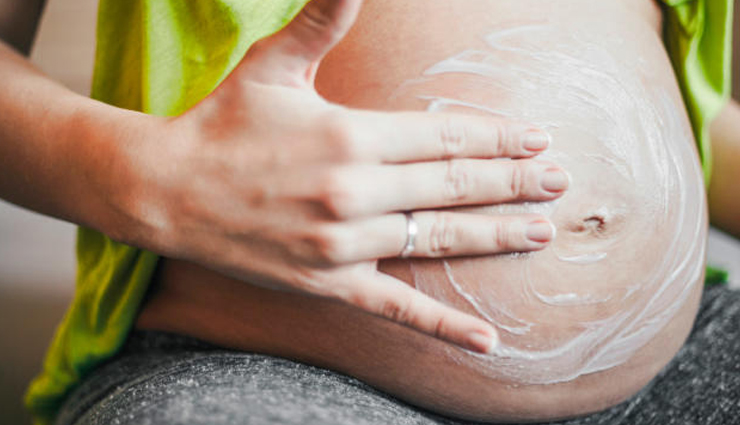
# Moisturize
Moisturizing your skin is an important step in treating skin rashes during pregnancy. Here's how you can effectively moisturize to help alleviate the symptoms of skin rashes:
Choose a suitable moisturizer: Look for a gentle, fragrance-free moisturizer that is formulated for sensitive skin. Avoid products with harsh chemicals or potential irritants.
Cleanse the affected area: Before applying moisturizer, gently cleanse the affected area with a mild, fragrance-free soap or cleanser. Rinse with lukewarm water and pat dry with a soft towel.
Apply moisturizer generously: Take a small amount of moisturizer in your palm and apply it to the rash-affected areas. Use gentle, circular motions to massage the moisturizer into the skin until it is fully absorbed.
Repeat as needed: Depending on the severity of the rash and your skin's moisture needs, you may need to reapply the moisturizer multiple times throughout the day. Pay attention to your skin's response and adjust the frequency of application accordingly.
Choose the right moisturizer for specific rashes: In some cases, specific types of rashes may require specialized moisturizers. For example, if you have a dry, itchy rash, you may benefit from using a moisturizer with ingredients like ceramides or oatmeal to soothe and hydrate the skin.
Wear loose, breathable clothing: After applying moisturizer, ensure that you wear loose-fitting clothing made from breathable fabrics. This helps prevent further irritation and allows the skin to breathe.
Regular moisturizing helps replenish the skin's moisture barrier, reduces dryness, and soothes itchiness associated with skin rashes during pregnancy. However, if the rash persists or worsens, it is important to consult your healthcare provider for proper diagnosis and further treatment options.
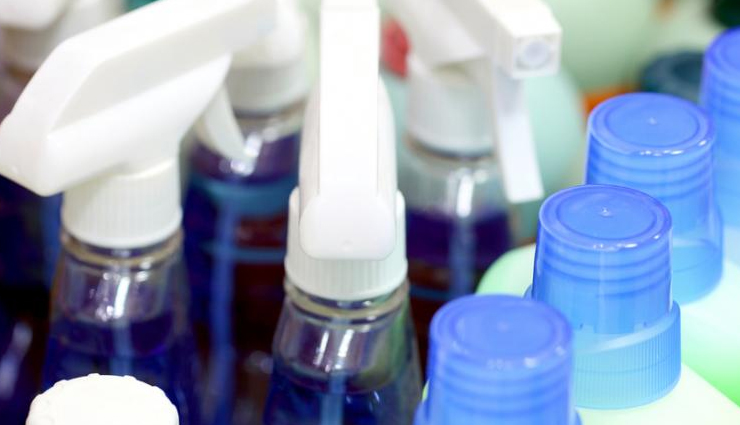
# Avoid irritants
Avoiding irritants is an essential part of treating skin rashes during pregnancy. Here are some tips to help you minimize exposure to potential irritants:
Identify and avoid triggers: Keep an eye on your environment and activities to identify probable sources of your skin rash. Harsh soaps, detergents, scents, particular textiles, and environmental allergies are examples of common irritants. Once you've identified the triggers, take efforts to prevent or reduce your exposure to them.
Choose gentle skincare products: Opt for mild, fragrance-free soaps, cleansers, and moisturizers specifically formulated for sensitive skin. Avoid products containing harsh chemicals, dyes, or perfumes that can further irritate your skin.
Wear loose-fitting, breathable clothing: Choose clothing that is loose-fitting and made of natural, breathable fibres like cotton. This increases air circulation and reduces friction on the skin, resulting in less pain.
Avoid hot water and excessive bathing: Hot water can strip the skin of its natural oils, leading to dryness and aggravating rashes. Stick to lukewarm water when bathing or showering, and avoid excessive bathing or showering, which can further dry out your skin.
Be cautious with laundry products: Choose gentle, fragrance-free laundry detergents and avoid using fabric softeners or dryer sheets that can leave residue on your clothes. Rinse your clothes thoroughly to remove any detergent residue that could irritate your skin.
Protect your skin from environmental factors: Protect your skin from adverse weather conditions such as intense cold or overexposure to the sun. To reduce the influence of environmental variables on your skin, use protective clothes, caps, and sunscreen.
Maintain a healthy and balanced diet: Eating a well-balanced diet rich in nutrients can promote overall skin health. Ensure you are getting enough vitamins, minerals, and hydration through a varied and nutritious diet.
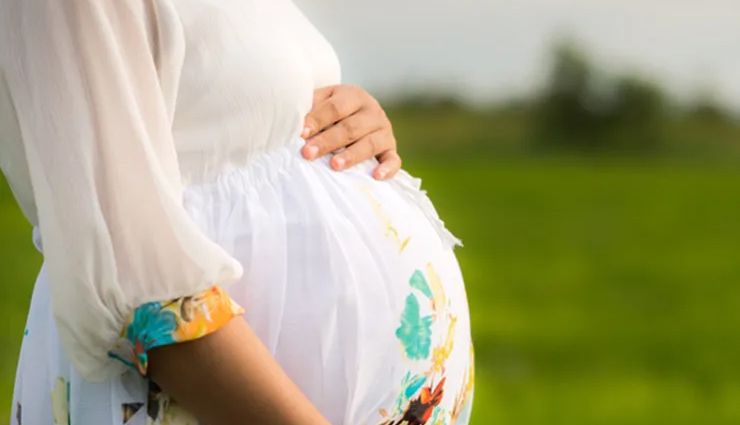
# Loose-fitting clothing
Wearing loose-fitting clothing is often recommended to help treat skin rashes during pregnancy. Here's how it can be beneficial:
Reduce friction: Loose-fitting clothes reduces friction on the skin, reducing irritation and rubbing, which can aggravate skin rashes. This is especially crucial for rashes in places where skin-to-skin or garment contact might aggravate the problem.
Promote air circulation: Loose-fitting clothes allow air to circulate around your body, keeping your skin dry and preventing excessive sweating. Improved airflow helps prevent moisture buildup, which can contribute to the development or worsening of skin rashes.
Minimize heat retention: Tight clothing can trap heat against the skin, leading to increased sweating and potential aggravation of rashes. Loose-fitting garments, on the other hand, allow heat to dissipate more effectively, reducing the likelihood of heat-related skin irritations.
Provide comfort: Skin rashes during pregnancy can be uncomfortable, itchy, and sensitive. Wearing loose-fitting clothing made from soft, breathable fabrics can help alleviate discomfort and allow your skin to breathe.
Choose loose-fitting clothing that is comfortable, non-constricting, and composed of natural fibres such as cotton or linen to control skin rashes throughout pregnancy. Avoid using synthetic textiles, which can trap heat and moisture against the skin.

# Maintain good hygiene
Maintaining good hygiene is an important aspect of treating skin rashes during pregnancy. Here are some hygiene practices that can help alleviate symptoms and promote healing:
Cleanse the affected area gently: Use a mild, fragrance-free soap or cleanser to cleanse the rash-affected area. Avoid using harsh soaps or scrubbing vigorously, as this can further irritate the skin. Rinse the area thoroughly with lukewarm water and pat dry with a soft towel.
Keep the affected area dry: Moisture can worsen skin rashes, so it's important to keep the affected area as dry as possible. After bathing or washing, ensure that you pat the area dry gently. Avoid rubbing the skin, as it can cause further irritation. If needed, you can use a hairdryer on a cool setting to gently dry the area.
Avoid excessive sweating: Excessive sweating can exacerbate skin rashes, especially in areas where friction occurs, such as the underarms, groin, or between skin folds. To minimize sweating, wear loose-fitting, breathable clothing made from natural fabrics like cotton. Stay in a cool environment and avoid activities that make you overly hot and sweaty.
Change clothes regularly: If you have rashes in certain regions, it's critical to change your clothes on a frequent basis, especially your pants and socks. Fresh, clean clothes promotes excellent hygiene and minimises the likelihood of bacterial or fungal development, which can aggravate rashes.
Use fragrance-free products: Fragrances in soaps, lotions, and laundry detergents can irritate the skin and worsen rashes. Opt for fragrance-free or hypoallergenic products that are gentle on the skin. Read labels carefully and avoid ingredients that may trigger allergies or sensitivities.
Avoid scratching: Itchy rashes may entice you to scratch, but doing so can cause skin damage, introduce germs, and delay the healing process. Instead, use moderate rubbing or a cold compress to relieve itching. If the itching is severe or chronic, ask your doctor about anti-itch creams or drugs.
Seek medical advice: If the rash persists, worsens, or becomes painful, it's important to consult your healthcare provider. They can evaluate the rash, determine the underlying cause, and provide appropriate treatment options.
Remember that while these cures may give temporary comfort, it is critical to check with your healthcare physician for a complete diagnosis and treatment. They can provide tailored advise based on the nature of the rash and your unique requirements.

